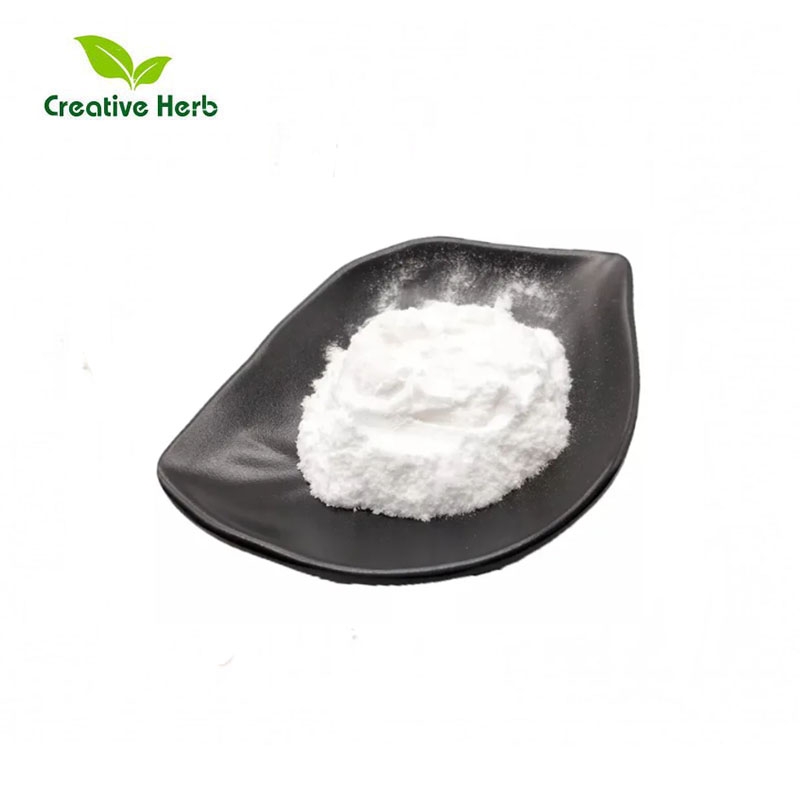Cell heavy! Microbes control the health of the immune system!
-
Last Update: 2020-05-14
-
Source: Internet
-
Author: User
Search more information of high quality chemicals, good prices and reliable suppliers, visit
www.echemi.com
2020 May 14 News /BioValleyBIOON / - from the Berlin Medical University (CU), Berlin Institute of Health (BIH) and the German Rheumatism Research Center (DRFZ) researchers and colleagues Mainz Mainz, Bern, Hanover and Bonn together, showing how microbes help the immune system to respond to pathogensIf no relevant mediators, will not be released, resulting in metabolic processes of certain immune cells can not be activatedAccording to published in the journal Cell research report, which makes the fuel cell is not necessary to start the associated immune responsea Source: Cellhuman epithelial tissue is located in the interface environment, the channel potential invading pathogensThese organizations also be a complicated a community of bacteria, viruses, fungi and parasites naturally colonized, which is called microfloraIt is likely that in the course of evolution, and permanent interaction of these microbes has led to the development of robust signaling pathway, which helps protect the bodyCU of microbiology, director of a research groupInstitute of Infectious Diseases and Immunology professor AndreasDiefenbach leadership, the group has been studying the role of microorganisms in the body's immune response to harmful pathogens, and thus Effects of signal pathway generatedThere isinfection triggers the body's immune responseIn this process, the "traditional dendritic cells" (cDCs) plays a key roleThey form part of the innate immune system of the body and carries a series of pattern recognition receptors, so that they can quickly detect invading pathogensThe initial cellular response includes the release of cytokines, which is a signaling protein, may attract immune cells to the site of infection At the same time, these cells are also to engulf and digest invading pathogens by phagocytosis and then presented on the cell surface in a single particle form of the antigen This in turn results in T cells (forming part of the adaptive immune system) is activated and cause immune responses targeting Conversely, when provided cDCs endogenous antigens trigger T cell activation, which can cause errors and adverse immune reactions, and leading to autoimmune diseases researchers used a variety of animal models to understand manner microbiological control IFN-I promoter cDCs ground state in the future battle By sequencing technology, researchers can compare and germ-free animals from control animals and animals cDCs of the receptor-deficient IFN-I genome and transcriptome apparent The researchers wanted to know when cDCs no longer exposed to IFN-I what is happening at the molecular level In describing the researchers' observations, the first author of the study LauraSchaupp said: "Interestingly, when we observe sterile animals and animal cDCs those who do not IFN-I signal, we can observe involved in mitochondrial respiratory chain the low level of gene expression "CU researchers added:." further analysis showed that cell metabolism cDCs from germ-free animals is not normal, so that they can not start the immune response of these cells do in fact lack of pathogens the desired reaction of the fuel "this shows that the microbiome plays a vital role in cDCs function CDCs its ability to produce an effective response seems to bacterial or viral infections (including T-cell mediated reactions) is essential The researchers found that may help to develop new treatments A a many autoimmune diseases such as systemic lupus erythematosus a a, by increasing the IFN-I caused Other studies have shown that microbes affect the validity of the group checkpoint inhibitors in cancer immunotherapy Prof Diefenbach said: "These phenomena will continue to arouse our great interest, for example, is it possible to change the composition of the group of microorganisms, thereby reducing the availability of IFN-I, resulting in autoimmune of disease positive impact? or possibly by a positive impact on the IFN-I generated to improve the response to immunotherapy of cancer? "the team now plans to conduct further research to explore these issues a (Biovalley Bioon.com) References: Themicrobiomecontrolsimmunesystemfitness SchauppLetal Microbiota-inducedtypeIinterferonsinstructapoisedbasalstateofdendriticcells Cell2020Mai06.doi:. https: //doi.org/10.1016 /j.cell.2020.04.022
This article is an English version of an article which is originally in the Chinese language on echemi.com and is provided for information purposes only.
This website makes no representation or warranty of any kind, either expressed or implied, as to the accuracy, completeness ownership or reliability of
the article or any translations thereof. If you have any concerns or complaints relating to the article, please send an email, providing a detailed
description of the concern or complaint, to
service@echemi.com. A staff member will contact you within 5 working days. Once verified, infringing content
will be removed immediately.







